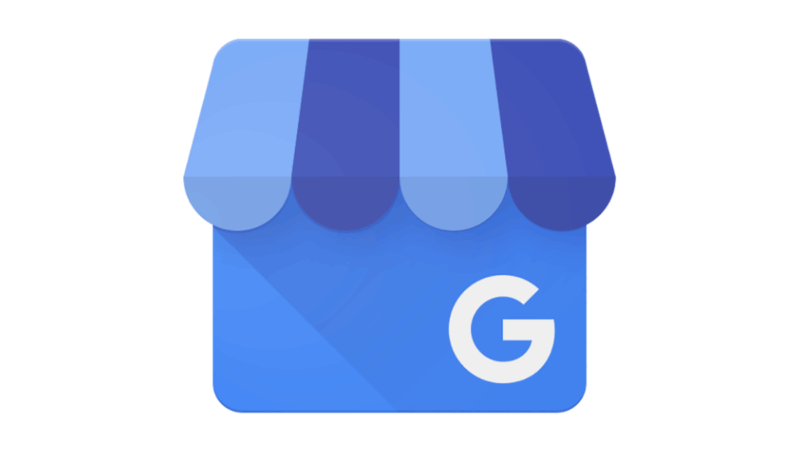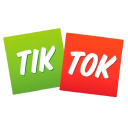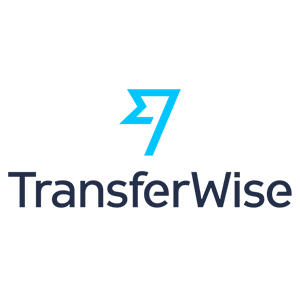How We Started A $12M/Year Escape Room That Brings In 400,000+ Players Annually
Hello! Who are you and what business did you start?
I am Akos Gabossy, CEO and co-founder of the PANIQ ROOM Franchise, a global network of escape rooms with an annual player count of 300,000 and a systemwide revenue of $10 million.
Escape rooms are a type of adventure game that requires participants to solve puzzles and complete challenges within a specified time limit. The immersive and themed puzzles are designed to engage problem-solving skills and creativity, making it a fun and challenging experience for individuals or groups of all ages.
Our company was established in 2014 and PANIQ Room is one of the oldest and most reputable brands in the industry.

What's your backstory and how did you come up with the idea?
During my high school years, I spent a year in Burbank, California as a foreign exchange student from Hungary. It was...





















































